Humoral Theory Of Disease
Humoral theory of disease. However anatomical theory was studied and symptoms and behaviors of patients were linked to individual organs searching for the deeper cause a patients problems and a huge gap was bridged between pathology and symptoms. The process of diagnosing an ailment consists. Humoral theory The theory of humours was one of the main paradigms for understanding health and disease for many centuries going back to ancient Chinese and Indian Ayurvedic traditions but it didnt survive the scientific and experimental approach to.
Humoral theory of disease. It was originated in Ancient Greece and later developed by Galen and Arabic Physicians. Later Herodikos stated that there were two opposing Humors Bile and Phlegm analogous to the Yin and Yang of TCM.
Humoral theory also known as theory of akhlat is a key concept in Unani System of Medicine. The group of fourth- and third-century BC physicians known as the Hippocratics who formulated and more importantly wrote about their theories were the first organized group to consider that illness had naturalnot supernaturalcauses. Black bile also known as melancholy yellow or red bile blood and phlegm.
However anatomical theory was studied and symptoms and behaviors of patients were linked to individual organs searching for the deeper cause a patients problems and a huge gap was bridged between pathology and symptoms. Humoral doctrine the ancient Greek theory of the four body humors blood yellow bile black bile and phlegm that determined health and disease. The theory that ascribes personality characteristics to the effects of bodily fluids or humorsThe humoral theory is the oldest known typology or descriptive system used for classifying all individuals into a limited number of categories.
The humors were associated with the four elements air fire earth and water which in turn were paired with one of the qualities hot cold dry and moist. Humoral theory of disease. Humoral theory was thought that an overabundance or lower amount of one of the four humors could result in disease.
Timotheos of Metapont first stated that most diseases were caused by Phlegm coming down from the Brain. When these humors were in balance health prevailed. Confira também os eBooks mais vendidos lançamentos e livros digitais exclusivos.
Humoral theory was thought that an overabundance or lower amount of one of the four humors could result in disease. This doctrine of which the developments need not further be followed was important chiefly in so far that it was perfectly distinct from.
Humoral theory The theory of humours was one of the main paradigms for understanding health and disease for many centuries going back to ancient Chinese and Indian Ayurvedic traditions but it didnt survive the scientific and experimental approach to.
Humoral theory of disease. Black bile yellow bile phlegm and blood. When they were out of balance or vitiated in some way disease took over. Humoral theory also known as theory of akhlat is a key concept in Unani System of Medicine. The dominating theory of disease was the humoral which has never since ceased to influence medical thought and practice. When these humors were in balance health prevailed. Humoral theory was thought that an overabundance or lower amount of one of the four humors could result in disease. Timotheos of Metapont first stated that most diseases were caused by Phlegm coming down from the Brain. Humoral theory was one of the central principles in Western medicine from antiquity through the 19th century.
Humoral derives from the word humor which in this context means fluid The human body was thought to contain a mix of the four humors. Philolaos then said Blood was a third cause of disease. Humoral theory also known as theory of akhlat is a key concept in Unani System of Medicine. The development of the Humoral theory in the Western Tradition was a gradual one. Confira também os eBooks mais vendidos lançamentos e livros digitais exclusivos. Black bile also known as melancholy yellow or red bile blood and phlegm. Humoral theory of disease.



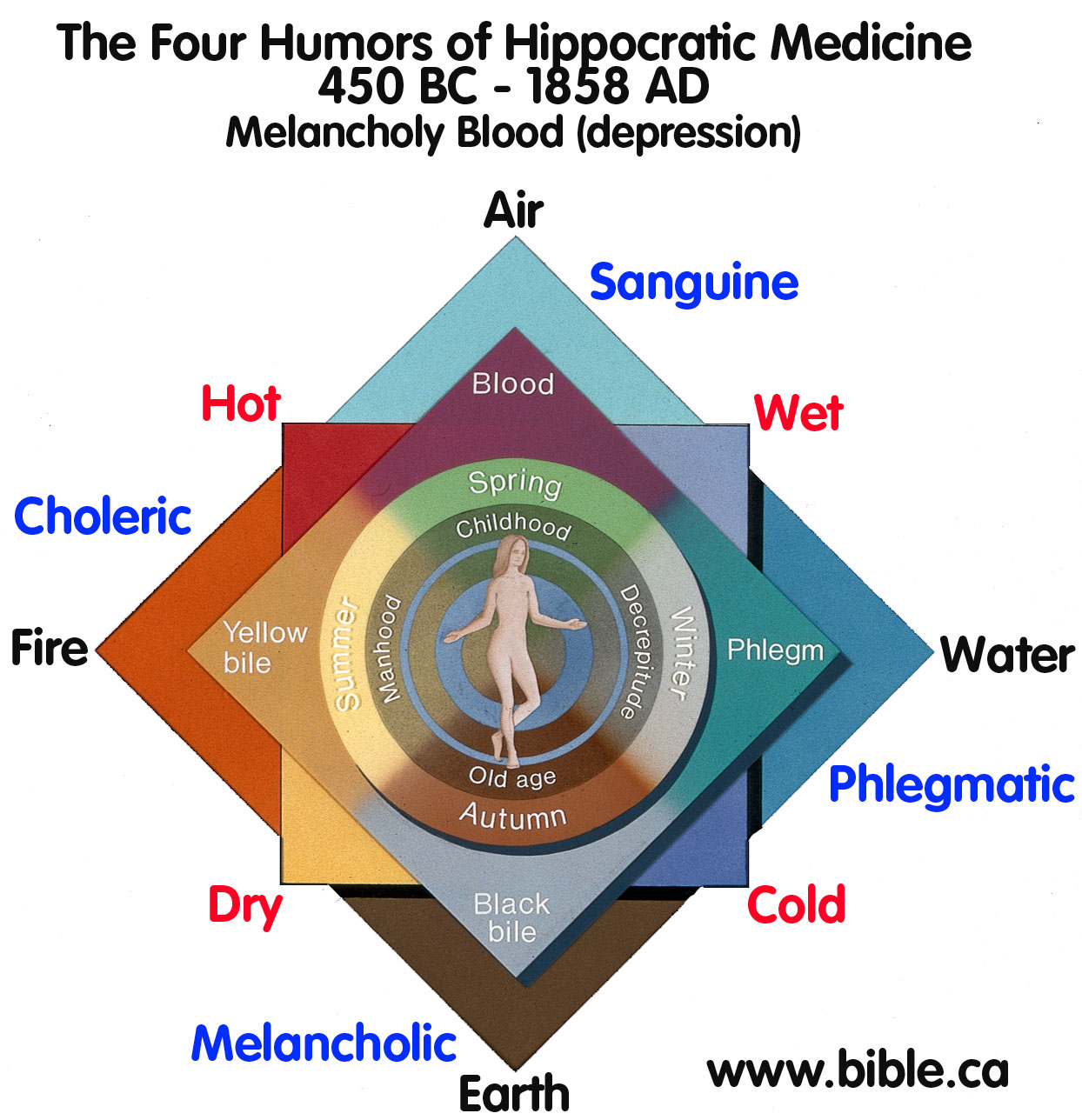





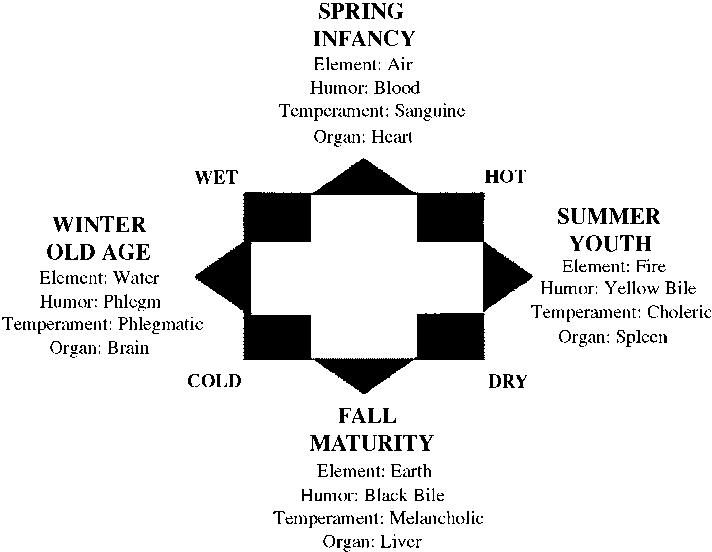






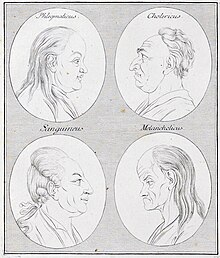

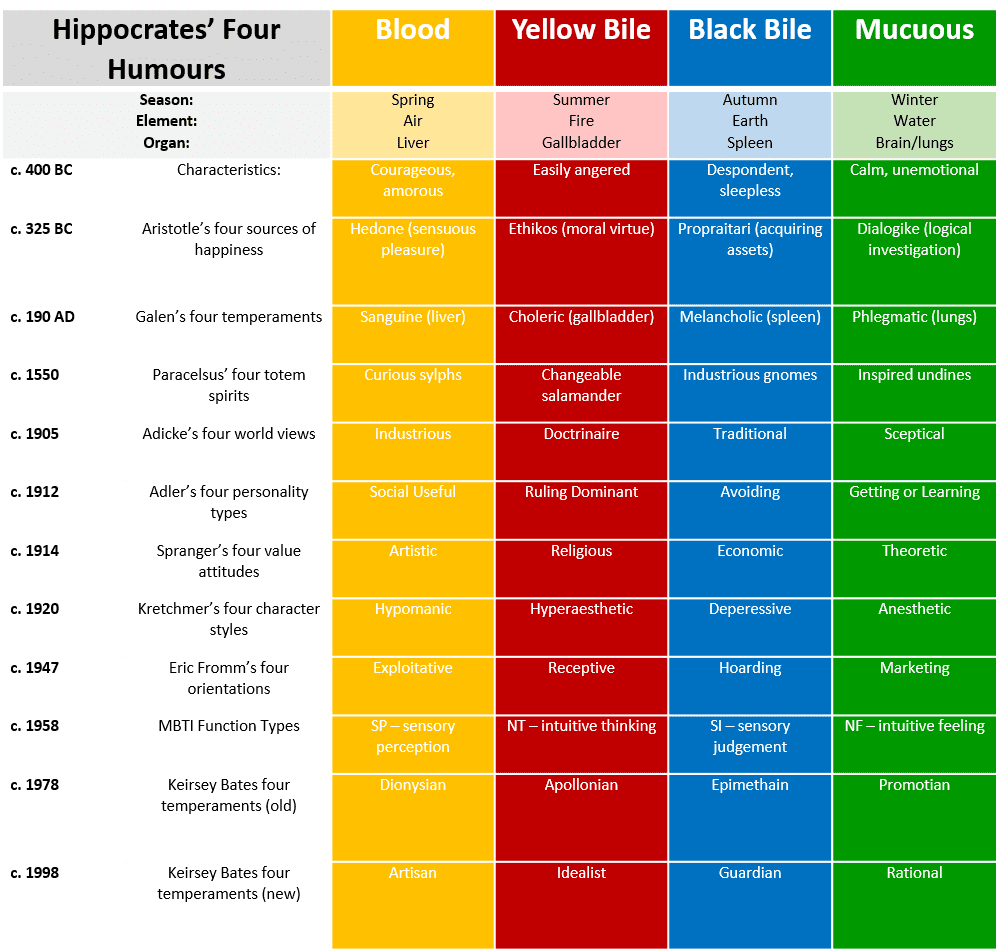









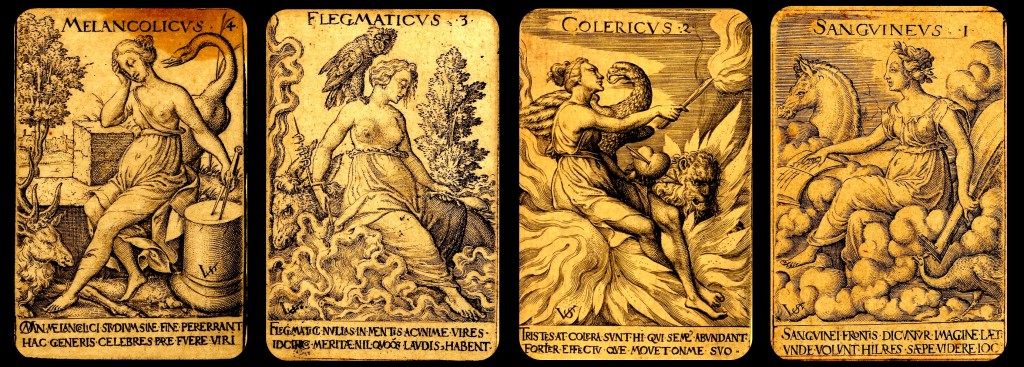

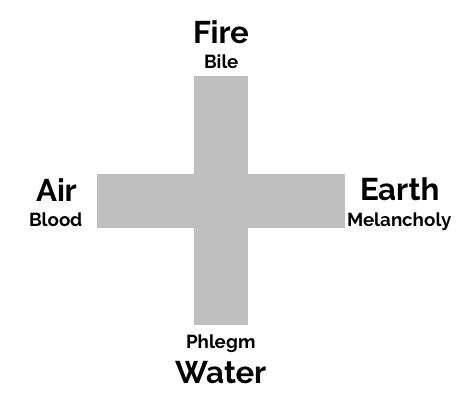






Post a Comment for "Humoral Theory Of Disease"